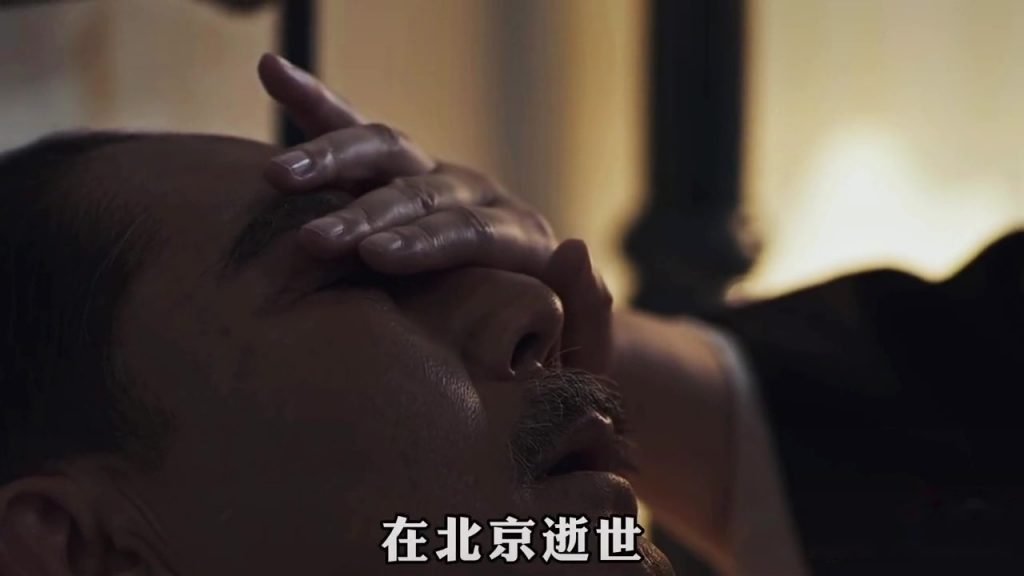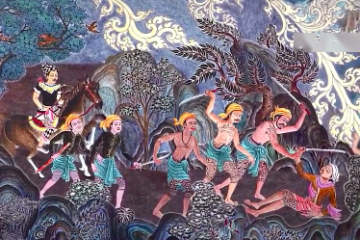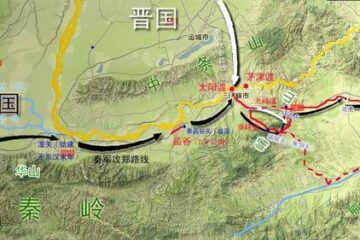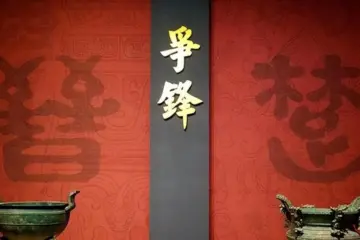Let’s take a look at the life of Dr. Sun Yat-sen in one breath.
Sun Yat-sen was born in 1866 in Zhongshan City, Guangdong Province, China.
His father, Sun Dazhan, made his living as a farmer and worked as a shoemaker in Macau when he was young.
In 1875, Dr. Sun entered a village school to receive a traditional education.
In 1878, Sun Yat-sen’s eldest brother, Sun Mei, became rich in business in Honolulu and sent Sun to Honolulu with his mother to study.
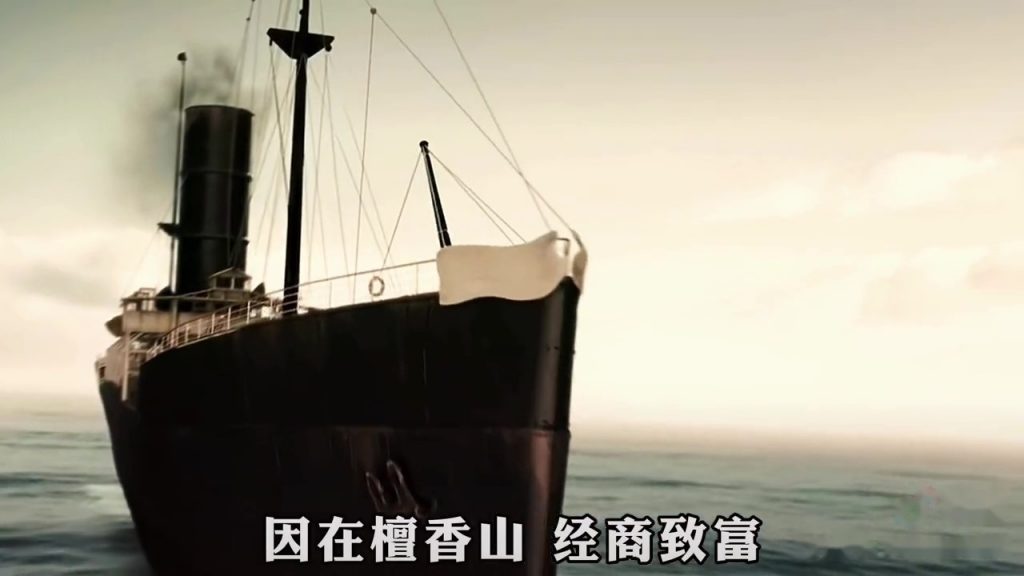
In 1883, Sun returned to China. In the same year, Sun went to Hong Kong to study medicine.
In 1892, Sun graduated from the Hong Kong College of Western Medicine, and in the same year, Sun came to Macau to serve as the first volunteer physician at the Kiang Wu Hospital.
In 1894, after witnessing the danger of the Chinese nation being divided by the Western powers, Sun decided to abandon his career as a doctor to treat this nation.
At that time, Sun thought that Li Hongzhang was a man with innovative ideas.
So he went north to Tianjin, eager to meet Li Hongzhang to talk about his ideas of saving the country.
However, Sun Yat-sen did not meet Li Hongzhang, but saw the corruption of the Qing officials in Tianjin. This caused a change of his mind.
In the same year, Sun Yat-sen went to Honolulu to found Revive China Society and made it his mission to overthrow the Qing Dynasty and put forward the idea of “expelling the foreigner and restoring China” and creating a united government.
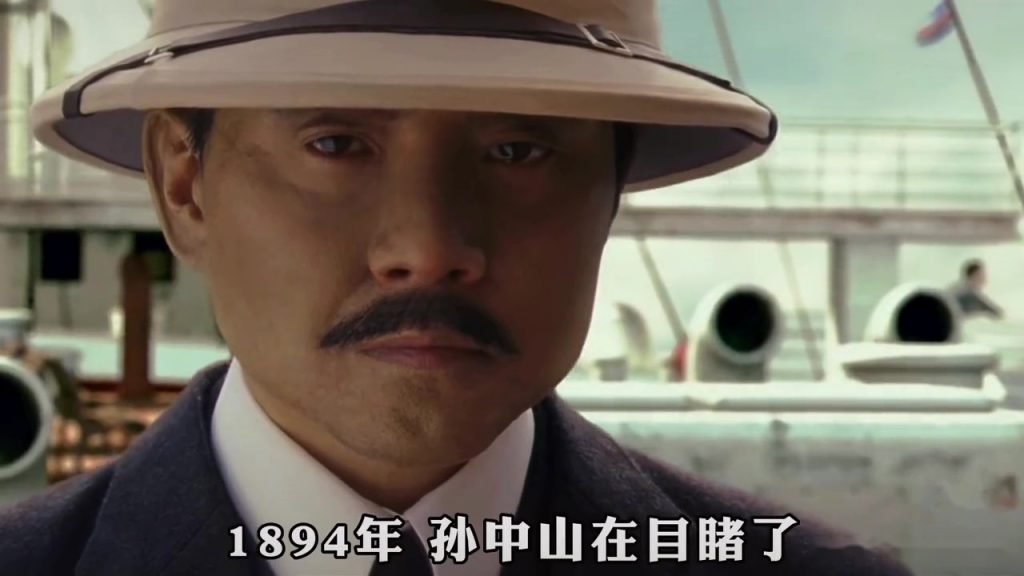
In 1895, Sun came to Guangzhou with Zheng Shiliang and Lu Haodong to plan for an uprising. However, the Qing government was informed of the plan. In the end, Lu Haodong was arrested and died, and Sun went into exile in England.
In 1896, Sun was trapped by the Qing embassy in London and rescued by a British friend, James Cantline.
In 1897, Sun went to Japan to make friends in the government and to prepare for an armed uprising against the Qing Dynasty.
In 1900, Sun sent Zheng Shiliang to Sanzhoutian, Huizhou, Guangdong to start an uprising. The uprising forces defeated the Qing army sometimes, but eventually failed because they ran out of ammunition and had no hope of foreign aid.
In 1905, through the efforts of Sun Yat-sen and Huang Xing, the Revive China Society, the Huaxinghui and the Guangfuhui merged in Tokyo, Japan to form The Tongmenghui of China and Sun Yat-sen was elected as the premier.
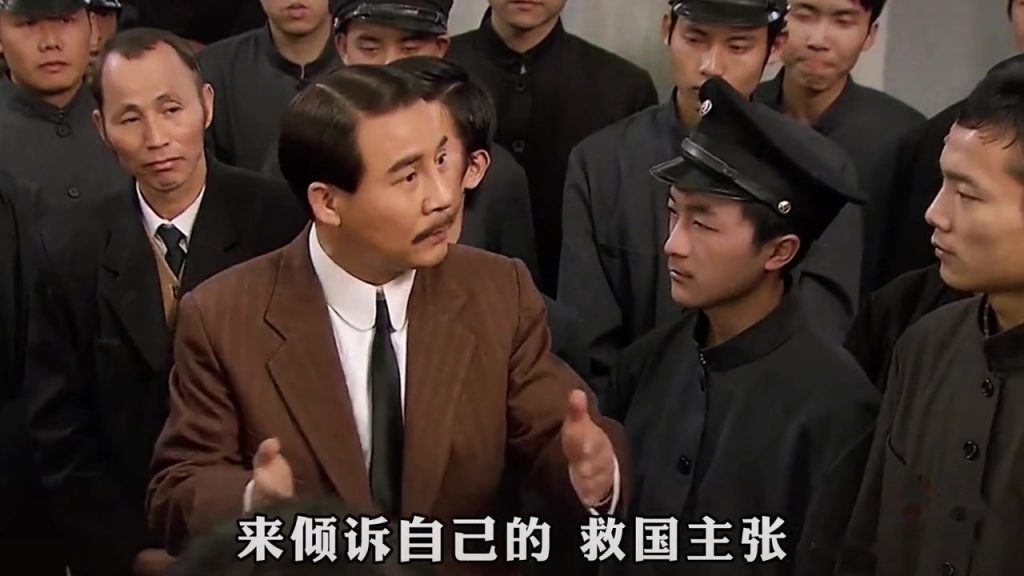
In 1907, Sun Yat-sen led the members of the League to launch the Huanggang Uprising in Chaozhou, the Qinv lake Uprising in Huizhou, the Qinlian Uprising in Fangcheng, and the Zhennanguan Uprising. However, the uprisings failed because of the disparity between the enemy and us and the lack of a mass base.
In 1910, Sun Yat-sen launched the Guangzhou New Army Uprising and the Huanghuagang Uprising, which were also defeated but gave a heavy blow to the Qing government.
In 1911, after the outbreak of the Wuchang Uprising, the provinces declared their independence from the Qing government. After learning of the victory of the Wuchang Uprising in the United States, Sun Yat-sen returned to China at the end of the same year and was then elected by the representatives of the 17 provinces as the provisional president of the Republic of China.
On New Year’s Day 1912, Sun Yat-sen was formally inaugurated as the Provisional President of the Republic of China, and the country was named the Republic of China.
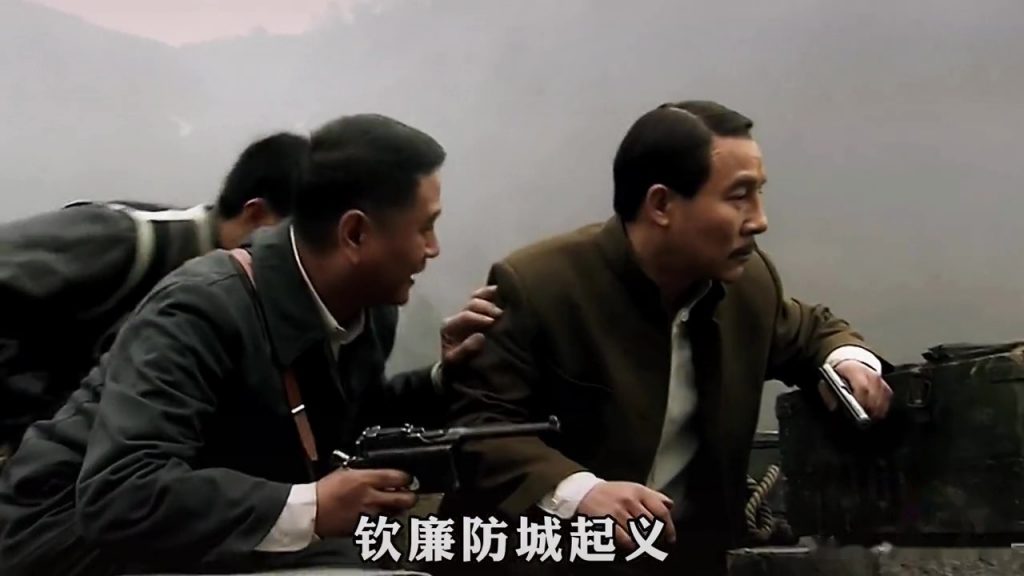
On February 12, Yuan Shikai forced the Qing Emperor Puyi to abdicate. Since then, Qing Dynasty with 276 years and feudal imperial system with more than 2000 years ended.
On February 13, under the pressure of imperialism and domestic feudalism, Sun Yat-sen was forced to resign from the provisional presidency and gave way to Yuan Shikai.
On August 25, the League was reorganized into the Kuomintang (KMT) and Sun Yat-sen was elected as the chairman of the KMT.
In 1913, the acting chairman of the Kuomintang, Song Jiaoren, was assassinated, which Sun believed was the work of Yuan Shikai. He launched a second revolution to crush Yuan, but the war failed due to the political weakness of the Kuomintang and the lack of troops. Sun Yat-sen went into exile in Japan again.
In 1915, Sun Yat-sen married Song Qingling in Tokyo.
In 1917, after the death of Yuan Shikai, the Beiyang warlords led by Duan Qirui abandoned the Provisional Treaty of the Republic of China and Sun Yat-sen then united with the warlords of the southwest to launch a movement to protect the law in Guangzhou. Sun Yat-sen was elected as the marshal, but the warlords in the southwest were fighting for territory instead of protecting the law. So Sun resigned from the post of Marshal and went to Shanghai.
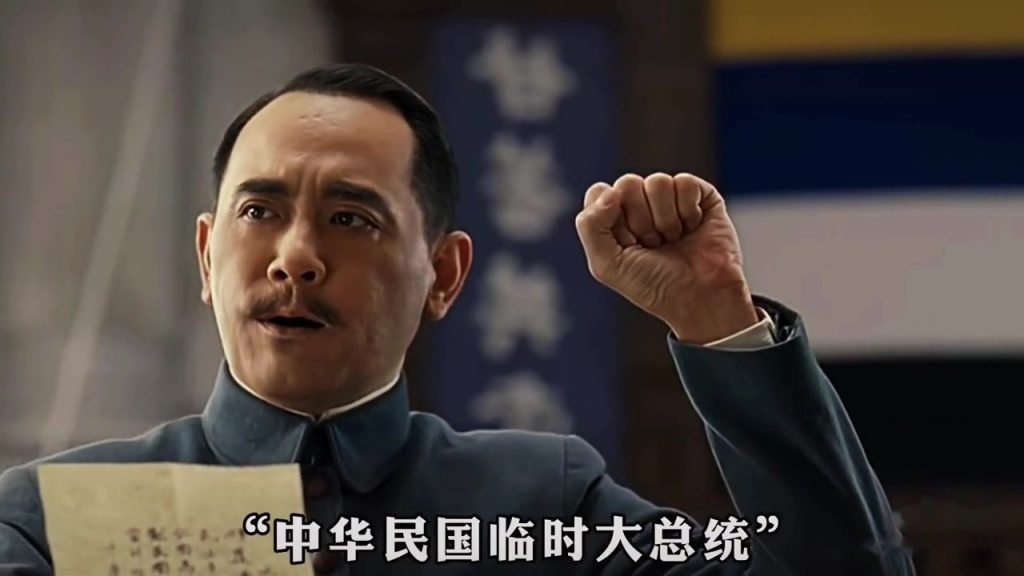
In 1920, after Chen Jiongming, the Guangdong warlord whom Sun had supported, expelled the Gui warlord who had stolen Guangdong, Sun returned to Guangzhou.
In 1921, Sun was elected as the President of the Republic of China in Guangzhou again.
In 1922, Sun and Chen Jiongming broke up over political differences. Chen Jiongming then launched the 616 mutiny and shelled Sun’s residence, Yuexiu House. Sun escaped and went to Shanghai on the ship Yongfeng. In the same year, under the influence of the October Revolution in Russia and the Communist Party of China, Sun accepted the proposals of the Soviet Union and the Communist Party of China and reorganized the Kuomintang and gradually implemented the three major policies of “uniting with Russia, uniting with the Communist Party and helping the peasants and workers”.
In 1923, Sun Yat-sen returned to Guangzhou from Shanghai and took command of all the armies in the name of the Grand Marshal after Sun Yat-sen’s Yunnan-Gui army had expelled Chen Jiongming from the city and expressed its obedience to Sun.
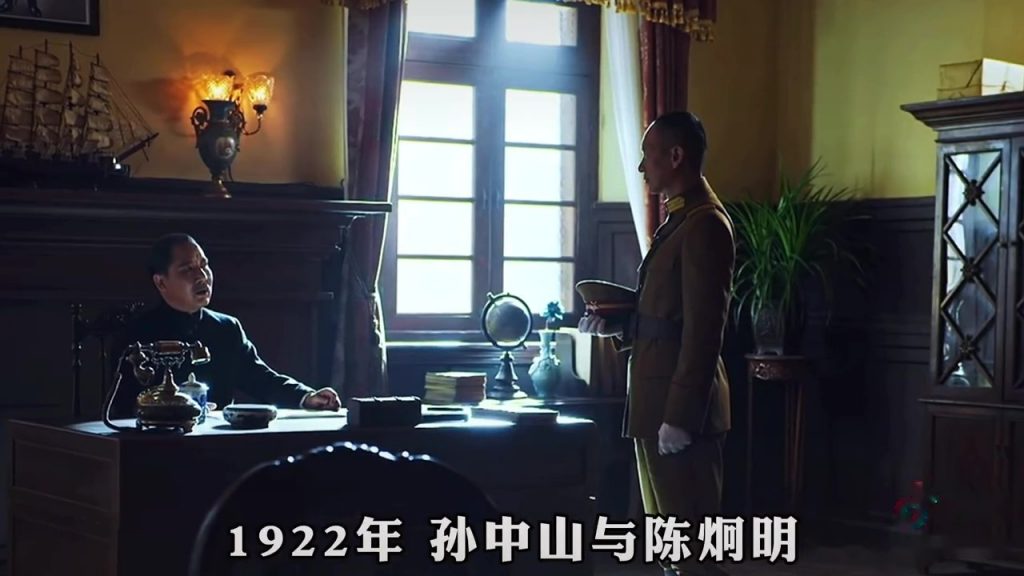
In January 1924, Sun Yat-sen convened the First Congress of the Kuomintang in Guangzhou, which confirmed the principle that members of the Communist Party can join the Kuomintang in their individual capacity. This marked the formation of the first cooperation between the Kuomintang and the the Communist Party.
In June, Dr. Sun founded the Huangpu Military Academy.
In October, after the overthrow of Cao Kun by warlord Zhang Zuolin, the Feng Yuxiang, Duan Qirui and Zhang Zuolin invited Sun Yat-sen to come north to discuss national affairs. As a result, Sun Yat-senwent to Beijing even he was ill.
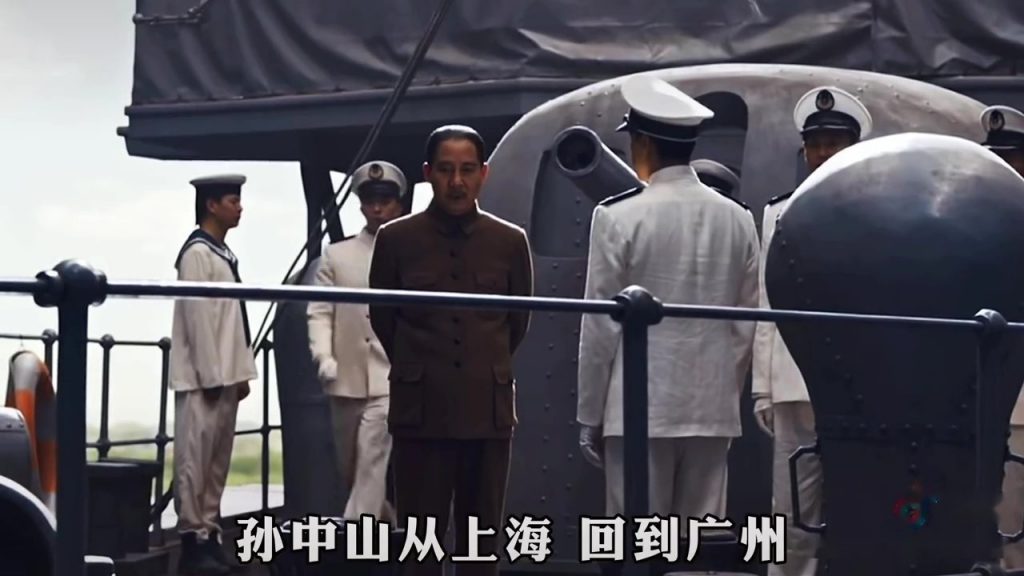
In 1925, Dr. Sun died of cancer in Beijing at the age of 59.
In his will, Dr. Sun issued the call “The revolution has not yet succeeded, comrades still need to work hard”.
